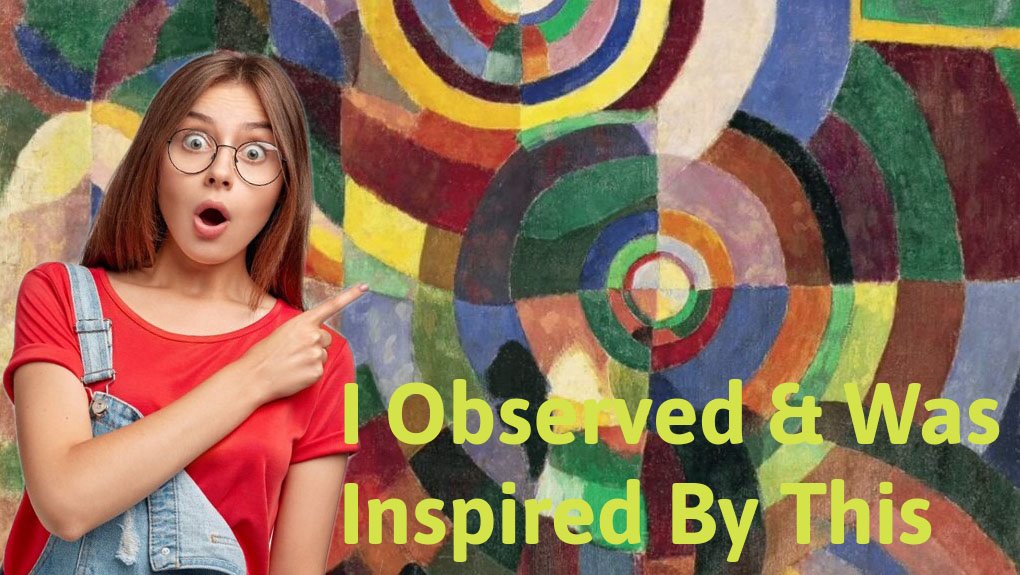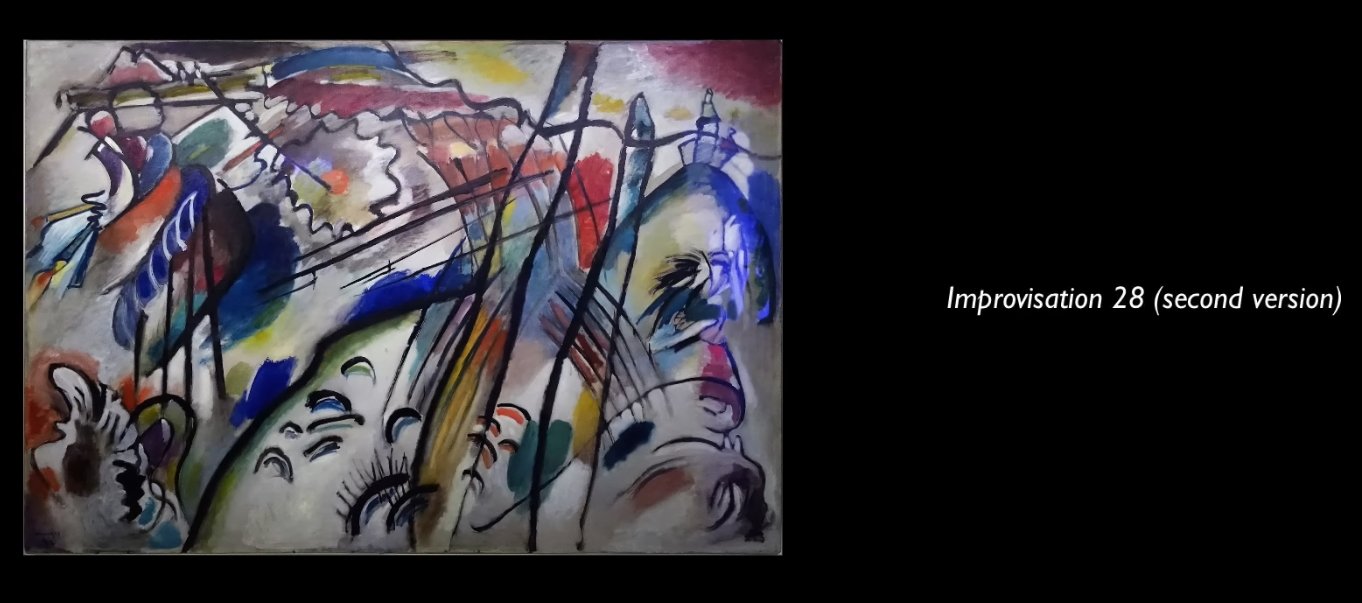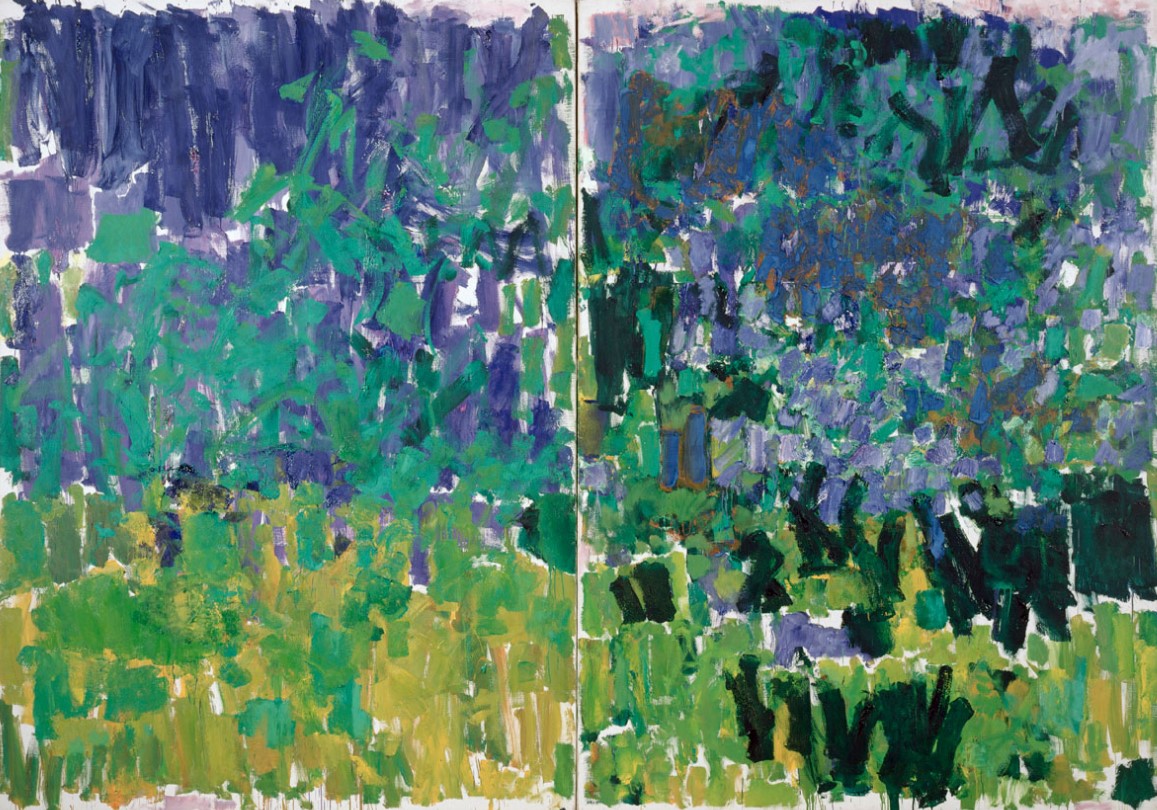In 1914, Sonia Delaunay, at the age of 29, immortalised the transformation of Paris with “Electric Prisms”. This article explores the convergence of art, invention and urban life in Delaunay’s vibrant canvas.
Table of Contents
Historical context of “Electric Prisms”
With the arrival of electric street lamps in 1878, Paris underwent a significant transformation into the era of electric lighting. Delaunay captures this cultural and artistic shift in Electric Prisms, making a visual testament to the city’s modernisation and fascination with emerging technology.

Experience and Invention as an artistic muse
Sonia Delaunay’s “Electric Prisms” exemplifies the influence of everyday life on her art, highlighting her experience with Robert Delaunay (her husband, in photo), walking along the Boulevard Saint-Michel, where they encountered the newly installed electric street lamps. They were inspired by the impressive brightness of these new inventions and sought to capture this phenomenon in their creations.
Sonia and her husband were leading figures in the artistic movement of Orphism, an offshoot of Cubism. Their works also reflect their shared fascination with ‘Simultaneism’.
Fascination with progress in society
Sonia Delaunay’s admiration during the installation of these electric lights sparks the creation of this masterpiece, highlighting her ability to reflect not only aesthetic evolution, but also the intrinsic connection between art and progress in society.

Boulevard Saint Michel in Paris in the 1900s where Sonia Delaunay was inspired by her artwork
Boulevard Saint Michel Paris 1877 – Electric Street Light inspired by Prismes Electriques

Behind the Canvas: Exploring the Details of Electric Prisms
FULL DESCRIPTION:
Original Title: Prismes électriques
Date: 1914
Technique: Oil on canvas
Dimensions: 250 x 250 cm
Style: Abstract Art, Simultaneism, Orphism
Location: Centre Pompidou

Sonia Delaunay’s work, with its captivating electric prisms, awakens a sense of infinite richness through its astonishing contrasts of colour. The skilfully composed image reveals a fascinating interplay between the light source and the means of refraction, bringing to life a diverse range of tones in the spectrum.
Primary Colours

Among the abundance of colours, it is the three primaries, red, blue and yellow, which emerge most prominently, generating an overall harmony. However, Delaunay’s mastery lies in his skilful use of complementary colours, such as orange, violet and green, which create a unique visual dynamic.
Recommended article: Impression Sunrise by Claude Monet【1872】
Contrast & Focus
It is particularly intriguing to observe the central contrast between red and violet, establishing a visual discord that captures our attention and invites us to further explore that region of the painting as a suggestive starting point.

Its complexity and pattern breaking
Delaunay introduces the concept of “Simultaneous Contrast”, creating a dynamic visual experience. Through concentric circles and abstract forms, the canvas becomes a fascinating play of colours and geometry. The tones exhibit variations according to the influence of the surrounding colours, seeking to generate a visual perception and vibration. The other sections of the canvas feature a variety of shapes, including arches, rectangles and more abstract oval shapes, all interconnected in a way that suggests a composition similar to a stitched tapestry.

“Prismes Electriques” Inspiring Design and Fashion
Sonia Delaunay applied the Electric Prisms effect to a dress she designed and wore, creating a striking visual experience. Although a photograph provides a rough idea of her appearance. This outfit, with its dazzling colours and patterns, surely impressed and mystified the audience of the time, highlighting Delaunay’s unique ability to fuse art and fashion.
The Fusion of Media of Two Artistic Expressions
In many periods of intense artistic innovation, such as the Parisian context, painters and writers were deeply immersed in the creative experiments of their contemporaries. The use of text embedded in images, as seen in electric prisms, reflects the mutual influence between various forms of artistic expression.
The painting is not only a play of colours, but also of words. The presence of a text on the canvas reveals the connection between Sonia Delaunay and the poet Blaise Cendrars, harmoniously merging the visual and verbal mediums.

Prismes Électriques transcends conventional painting by capturing the essence of Parisian modernity in 1914. Sonia Delaunay’s work stands as an artistic testimony to the convergence of technology, urban life and creative expression in the first half of the 20th century.



